Thank you to everyone who read and responded to yesterday’s post,
At the end of the post I asked everyone to rank in order what our Public Health apparatus should prioritize. Now, all I gave in terms of information was how many people on average died per year from an unnamed disease, A-E.
One of our respondents replied with some needed nuance is that you can’t always just look at numbers without knowing more facts.
So today, let’s explore that. Below were the five options to rank in order of importance.
(A) Causes about 47,000 deaths per year- this is from Suicide. Would you change your priority rank knowing this?
(B) Causes greater than 100,000 deaths per year- this is from Overdoses. Would you change your priority rank knowing this?
(C) Causes about 700,000 deaths per year- this is from Heart Attacks. Would you change your priority rank knowing this?
(D) Causes about 600,000 deaths per year- this is from Cancer. Would you change your priority rank knowing this?
(E) Has caused 0 deaths per year over the past 25 years, but now about 4 deaths per year. Can anyone guess what this one is? Don’t bother. I will tell you. This is from Measles Now that you know, would you change your priority rank knowing this?
So now we know (E) is from Measles, a very highly contagious disease that is controlled by vaccination. But let’s take this one step further, again.
How many people died from Measles prior to vaccination? Answering this question may help to determine whether you might reorder your priority list from yesterday.
Measles
- 2015–2023: 0 (CDC, no reported deaths)
- 2024: 0 (projected, no significant outbreaks by March 10, 2025)- the recent deaths around a present Measles outbreak are still being investigated to see if it was Measles as the cause of death or other reasons.
Trend: Measles deaths in the U.S. have been effectively zero over the decade due to vaccination. Globally, WHO reports ~100,000–150,000 annual deaths, but U.S. cases are negligible.
### Comparison and Insights
- Scale: Heart attacks (~400,000/year) and cancer (~600,000/year) dwarf other causes, reflecting chronic disease burden. Overdose (~100,000/year) outpaces suicide (~49,000/year) and homicide (~22,000/year), highlighting the opioid crisis. Measles is a non-issue in the U.S. ??
Vaccine deaths above are from all vaccines, not just Measles.
Now, many will argue that Measles is a non-issue due to the Measles vaccine. So let’s dive deeper.
How many people in the US died from Measles prior to the Measles vaccine being introduced?
Look at the pic closely. Back in 1900, about 13 people out of every 100,000 people who contracted Measles died.
In the 1920’s and 1930’s, the peak deaths from Measles was 3,803 in 1923.
In 1950 this dropped to 468 Measles deaths.
Worldwide the death rate was much higher prior to the Measles vaccine, with death rates worldwide believed to be over 2 million per year, mostly in countries without improved nutrition, sanitation and healthcare. So Measles in the past was a bad disease, but once you recovered you could not get reinfected, and there are some theories that it may actually have improved your immune system. Can we say the same about the Measles vaccine and other vaccines?
Is this worth discussing, what has changed?
By 1963, just before the Measles vaccine began being used it appeared to be 1 or less (not sure how you get to less than 1) per 100,000 people who contracted Measles died.
So if the above is true, I ask, did the Measles vaccine reduce the rate people who died from Measles in the US, or perhaps were there other reasons that reduced the death rate by 98% prior to the vaccine?
So improved sanitation helped prevent the disease as well as reduce deaths from the disease, even before vaccines became available.
Better understanding of Measles led to some improved treatments as well.
So some argue that the treatment may be worse than the cure. I honestly believe that is for each individual to decide on their own.
If the above is true, is that worth further discussion and investigation?
Discussion and Investigation are how science is done. Anyone who says the science is settled just does not understand science.
So how bout you go back and rerank your answers from yesterday’s post, if you believe you should.
Comments and questions encouraged and welcome below.






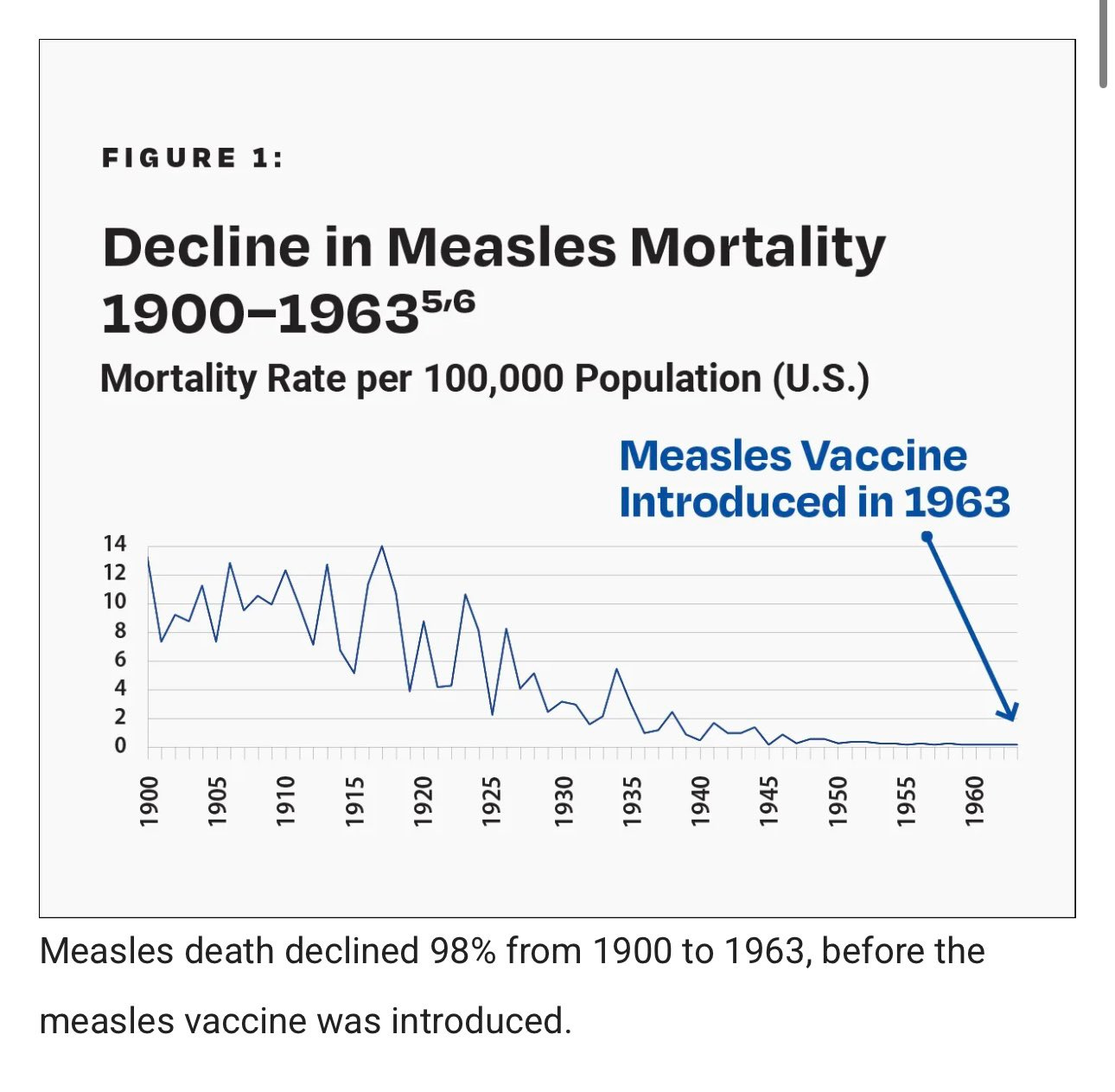
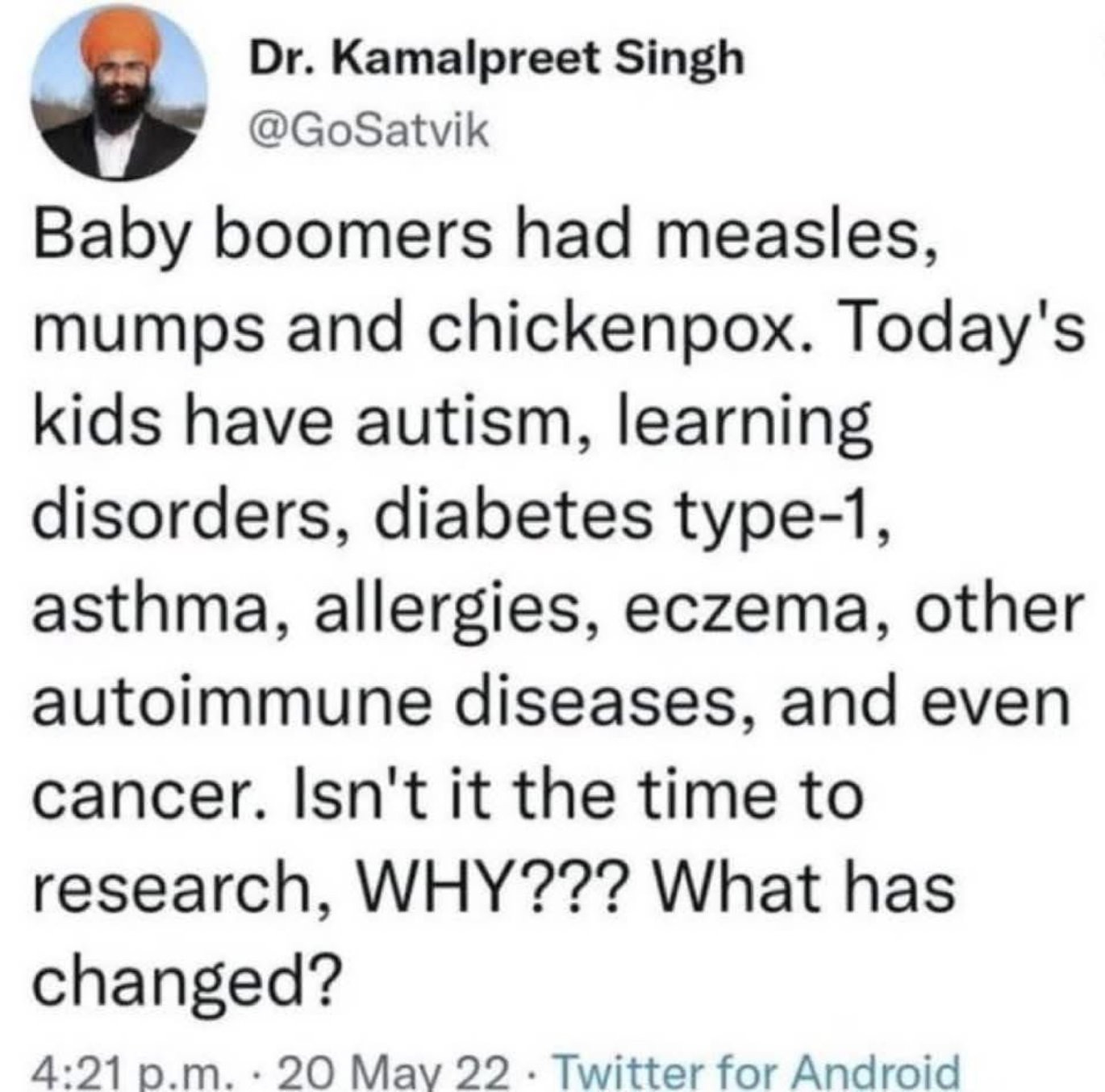
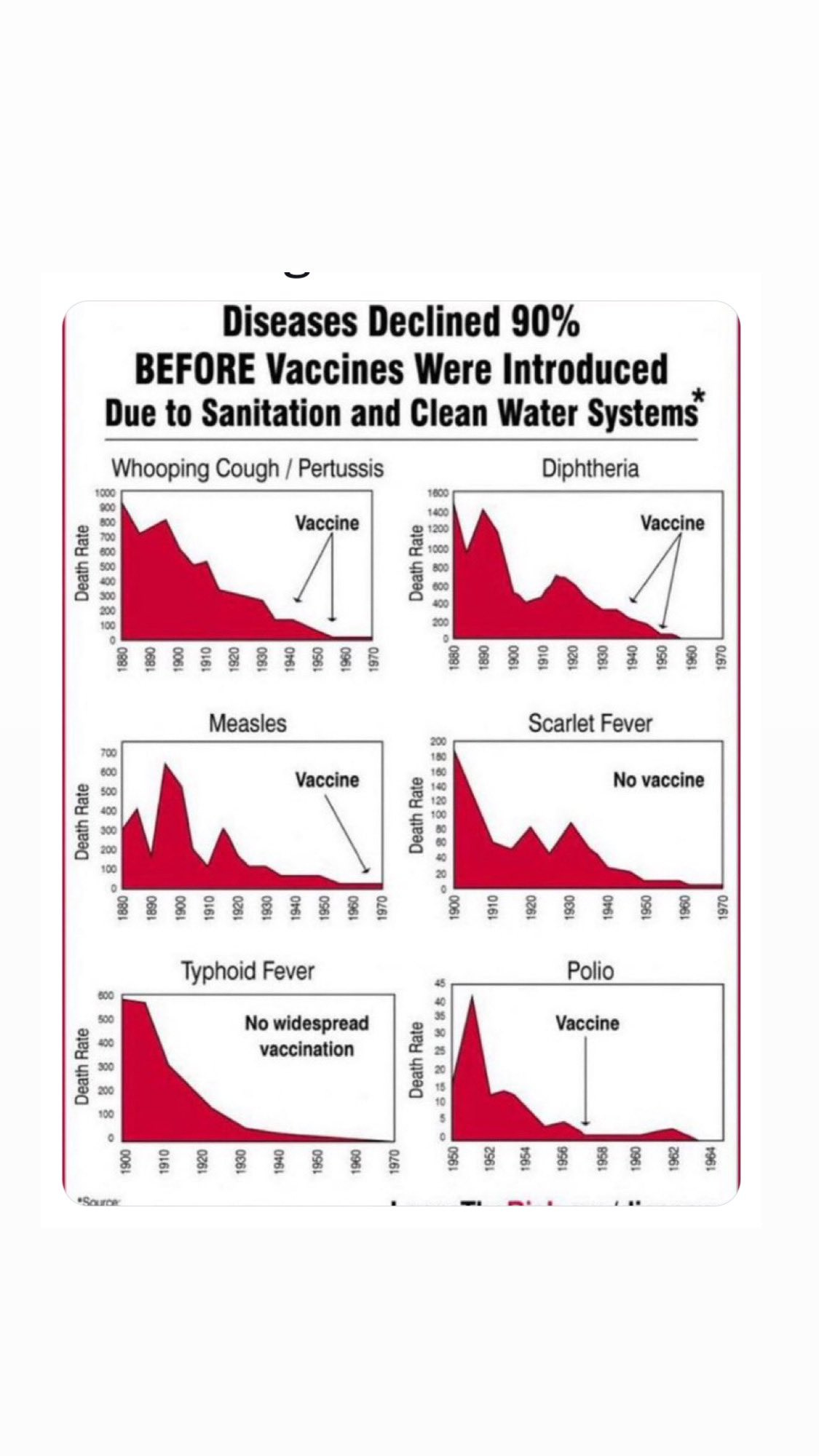
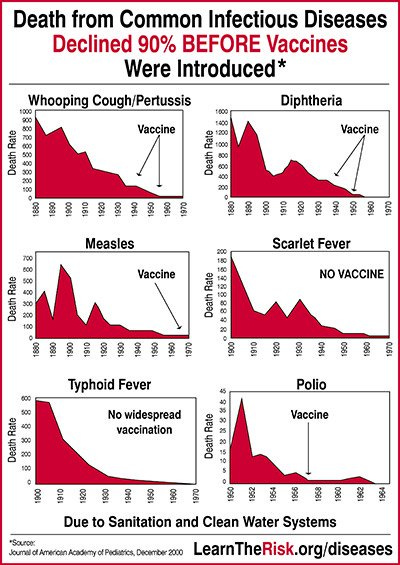
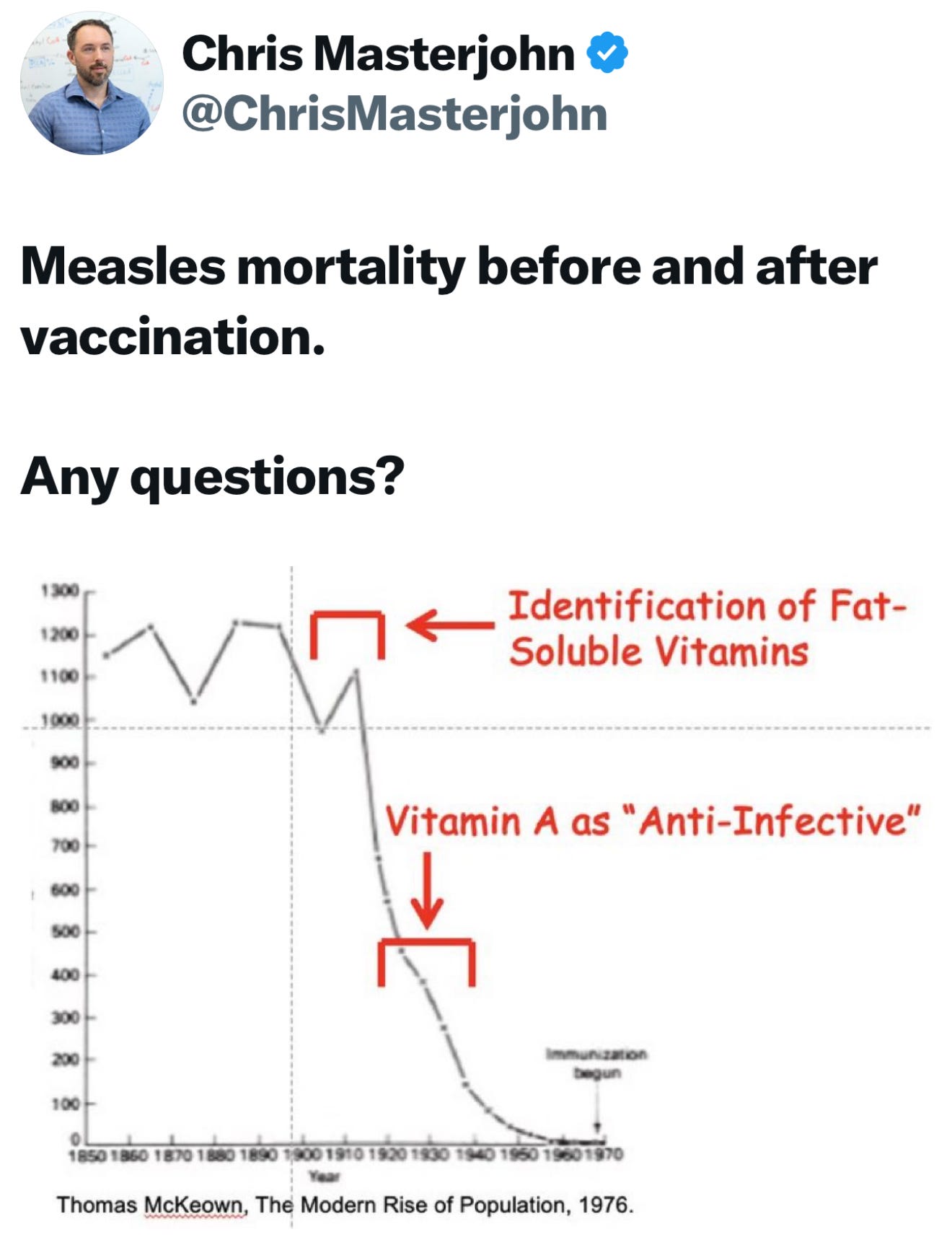
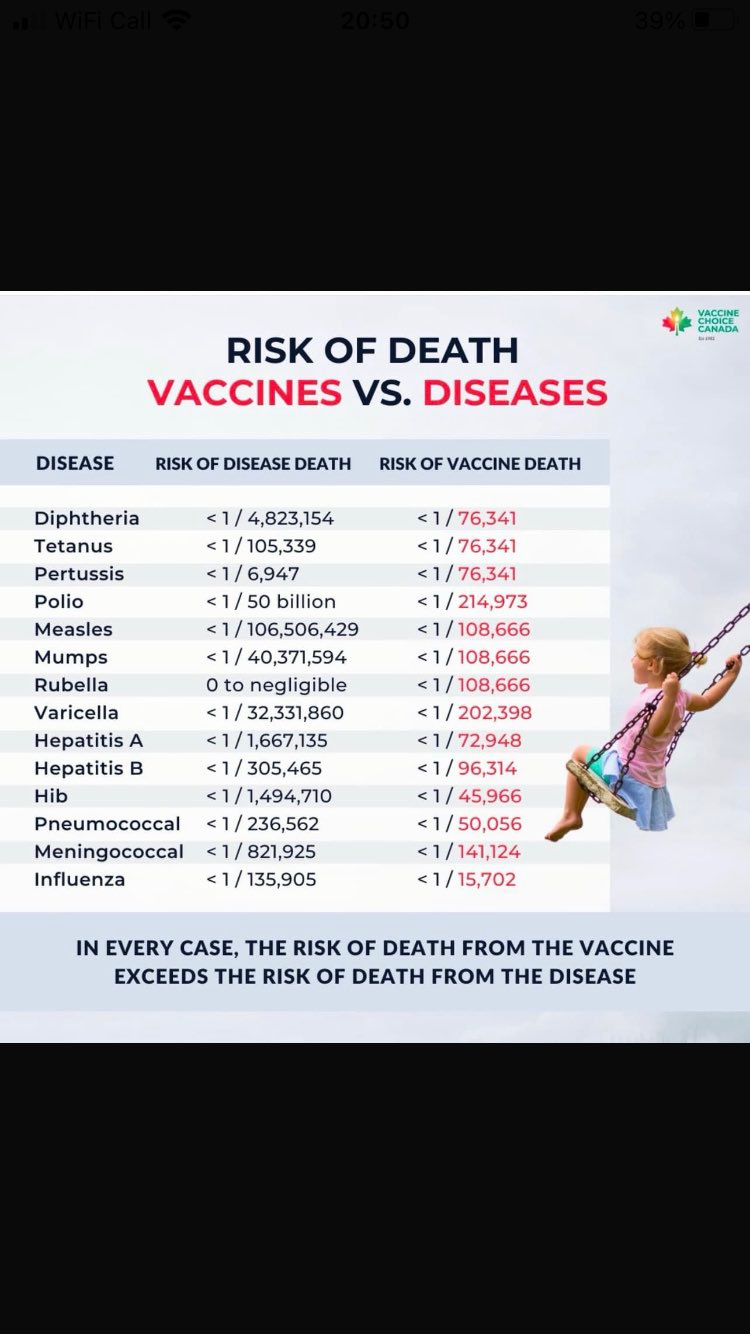


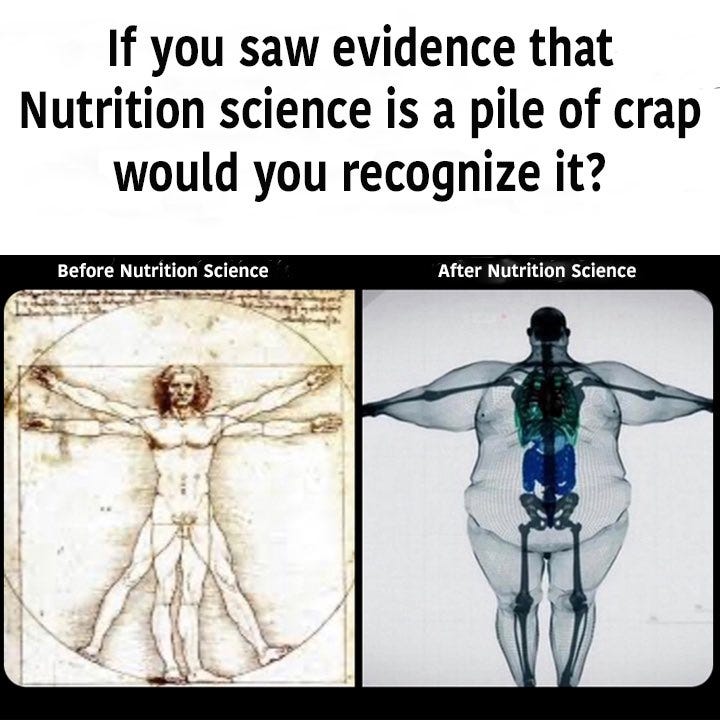
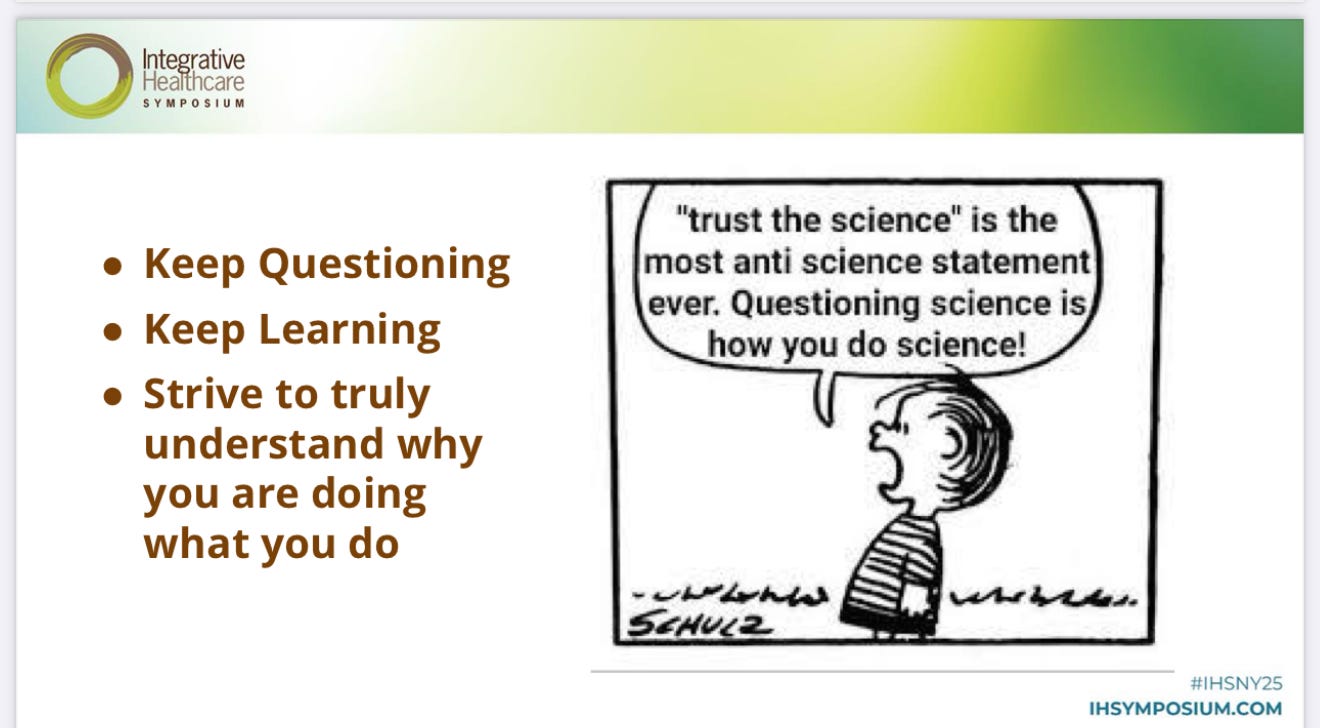

Dr. H.
I am sure you now expect my response :)
Your focus on measles mortality's decline before vaccination overlooks a critical point: though fewer died, nearly every American child still contracted measles. Pre-vaccine America saw 3-4 million cases annually with serious, directly attributable complications:
150,000-200,000 children developed pneumonia yearly
3,000-4,000 suffered encephalitis, often causing permanent brain damage
600,000-800,000 required hospitalization - many suffering from secondary infections there
300-400 later developed SSPE, a fatal degenerative brain condition
Measles-induced "immune amnesia" left survivors vulnerable to other infections for 2-3 years
Vaccination didn't just reduce already-declining deaths—it prevented millions from experiencing measles altogether.
Regarding your VAERS chart claiming "40,372 vaccine deaths": As a physician, you understand that correlation isn't causation. VAERS collects temporally associated events without establishing causality. From 2006-2019, over 3.6 billion vaccine doses were administered in the US. Though VAERS received 2,290 death reports during this period, thorough CDC investigations found no causal relationship between these deaths and vaccines.
"After vaccination" is not equivalent to "because of vaccination"—a distinction that's fundamental to scientific literacy and medical practice.
Shouldn't scientific inquiry include all relevant data? I think Feynman would agree...
Have you seen or investigated the possibility that having measles in the past lessens the likelihood of having heart issues or getting certain cancers?